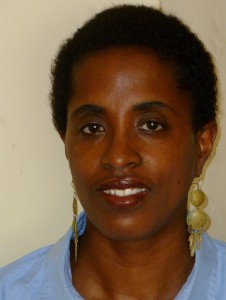Her research interests in cultural anthropology explore the intersection of race, science, and digital media/technology on an international level. Within her work she explores the construction of knowledge, what and which bodies of knowledge are privileged. She also works towards her work building a bridge between public scholarship and academe. A key part of her work assesses how marginalized groups' popular knowledge of science and communication technology shape their construction of racial identity, community and navigation of power. Her research examines the ways these communities use communication mediums to negotiate transnational social, economic, and political struggles. Her work builds on research that attempts to question and locate race and new media /information technologies that increasingly stage dialogues in global, geographically boundless spaces in virtual settings.
Areas of Research
digital anthropology, engaged anthropology, anthropology of education
Publications
Heyward-Rotimi,Kamela. “Perspectives of Black Feminist Anthropology: An Interview with Dr. Johnnetta B. Cole,” VOICES, Association of Feminist Anthropologists Journal, vol. 2, no. 2 May 1998
Heyward-Rotimi,Kamela.”Yahoo-Yahoo”: The Nigerian Hacker and the 419 Underground Economy of Internet Fraud,” (working title) manuscript book contract with University of California Press (in progress)

